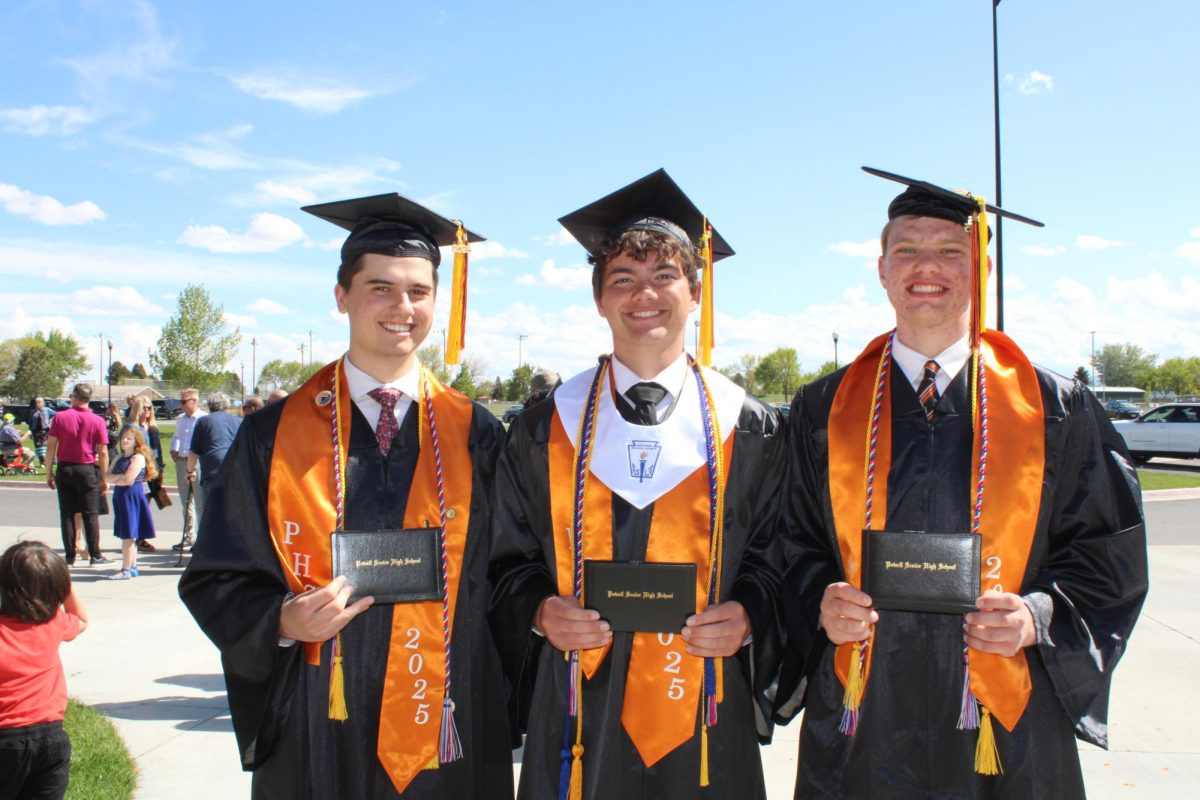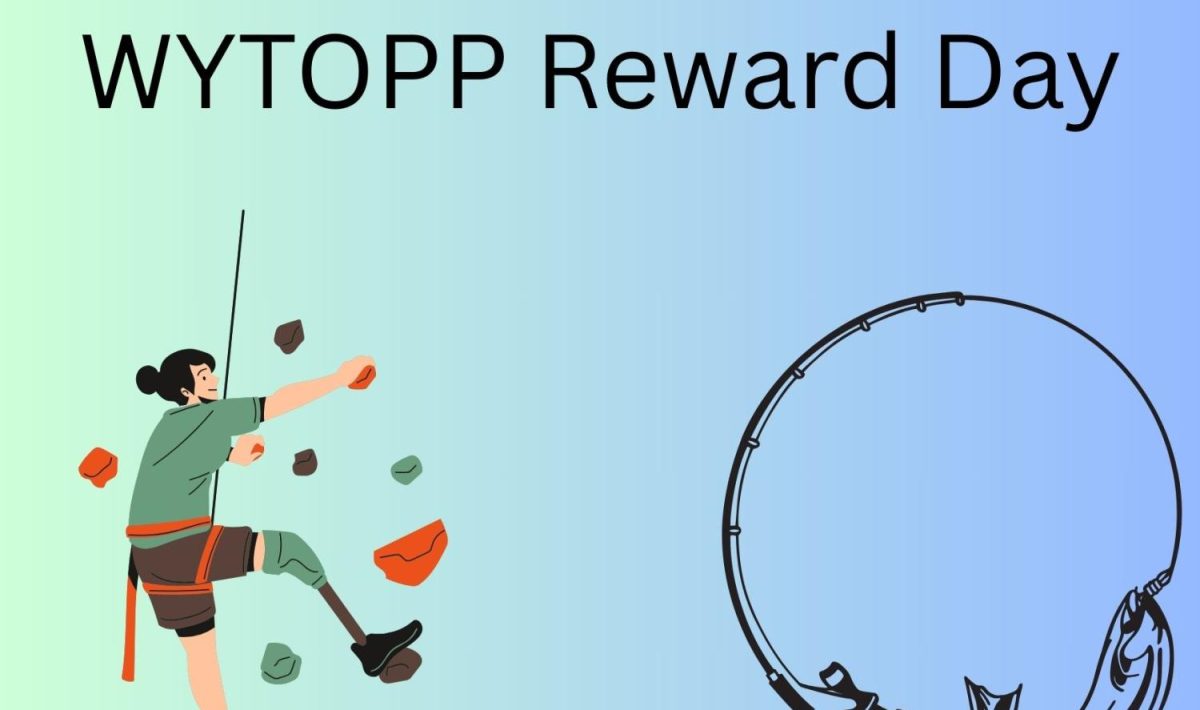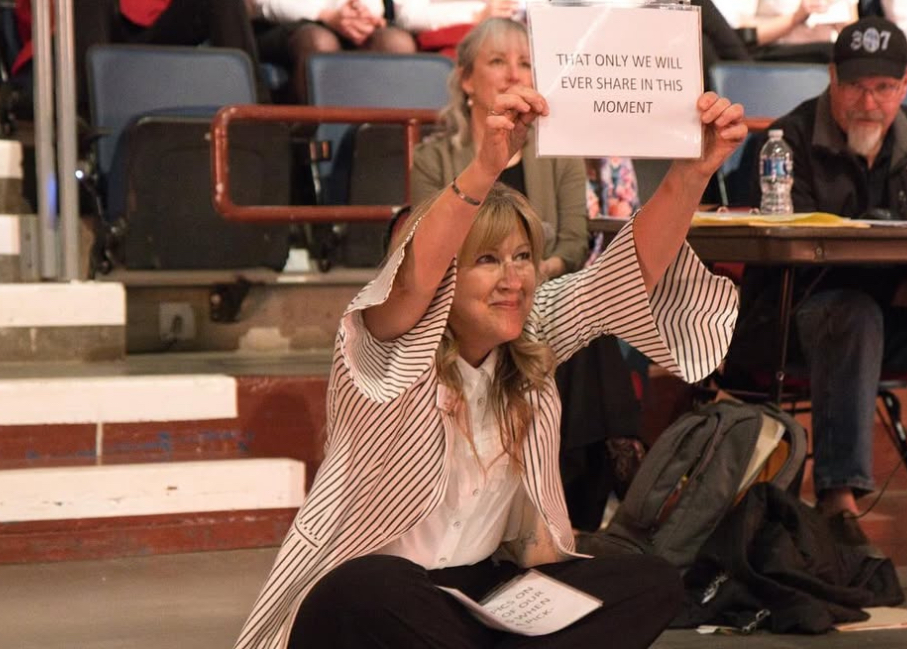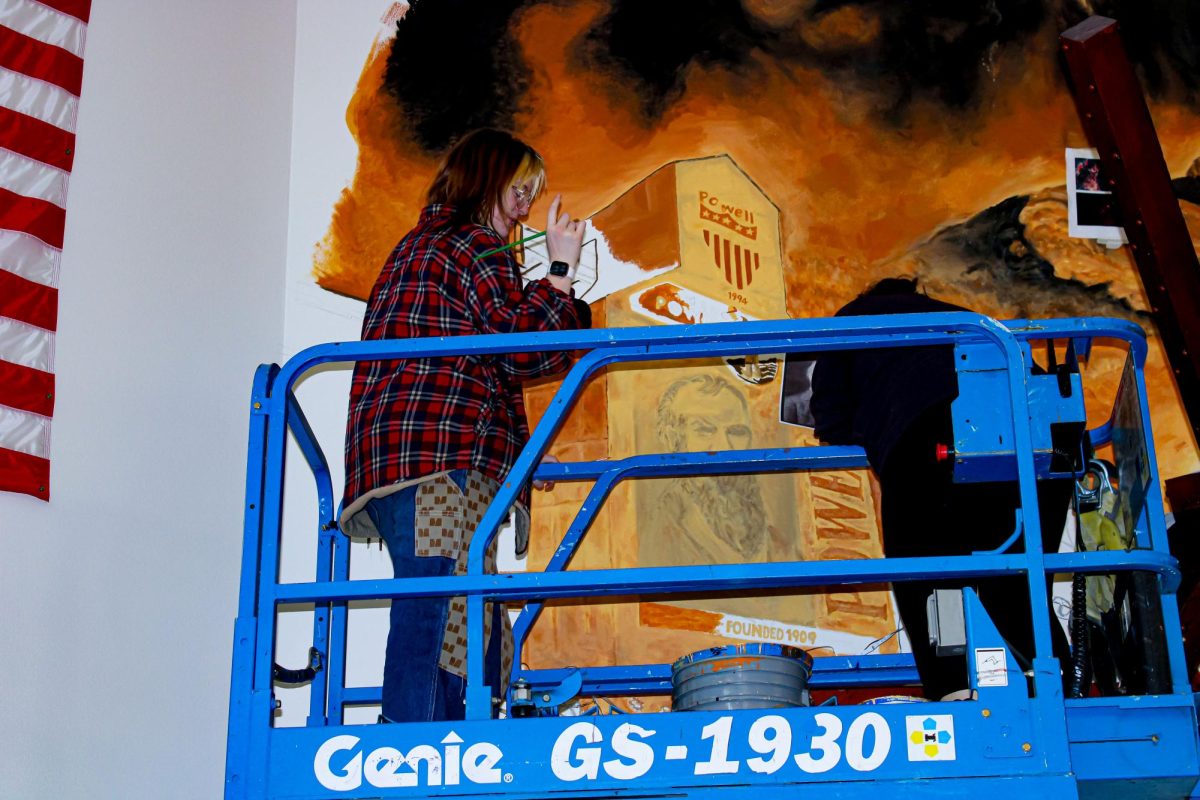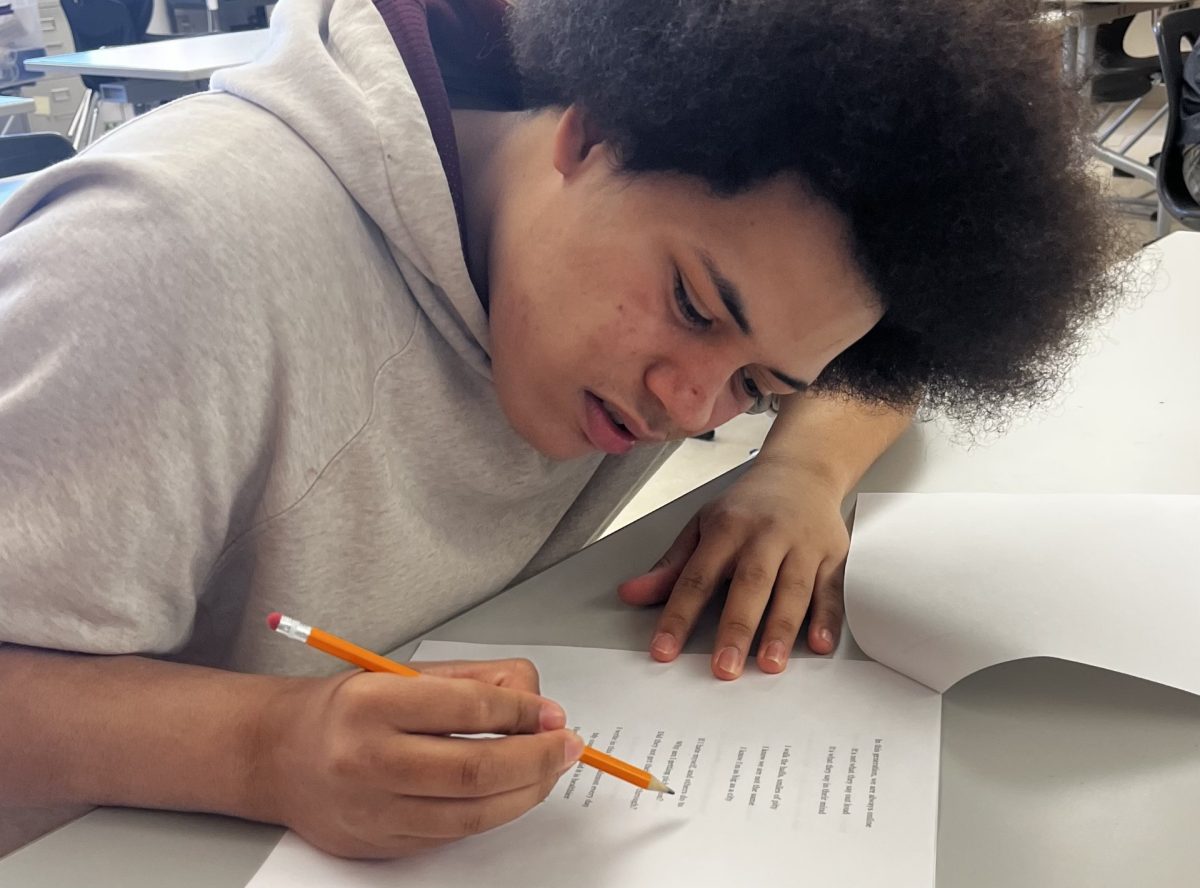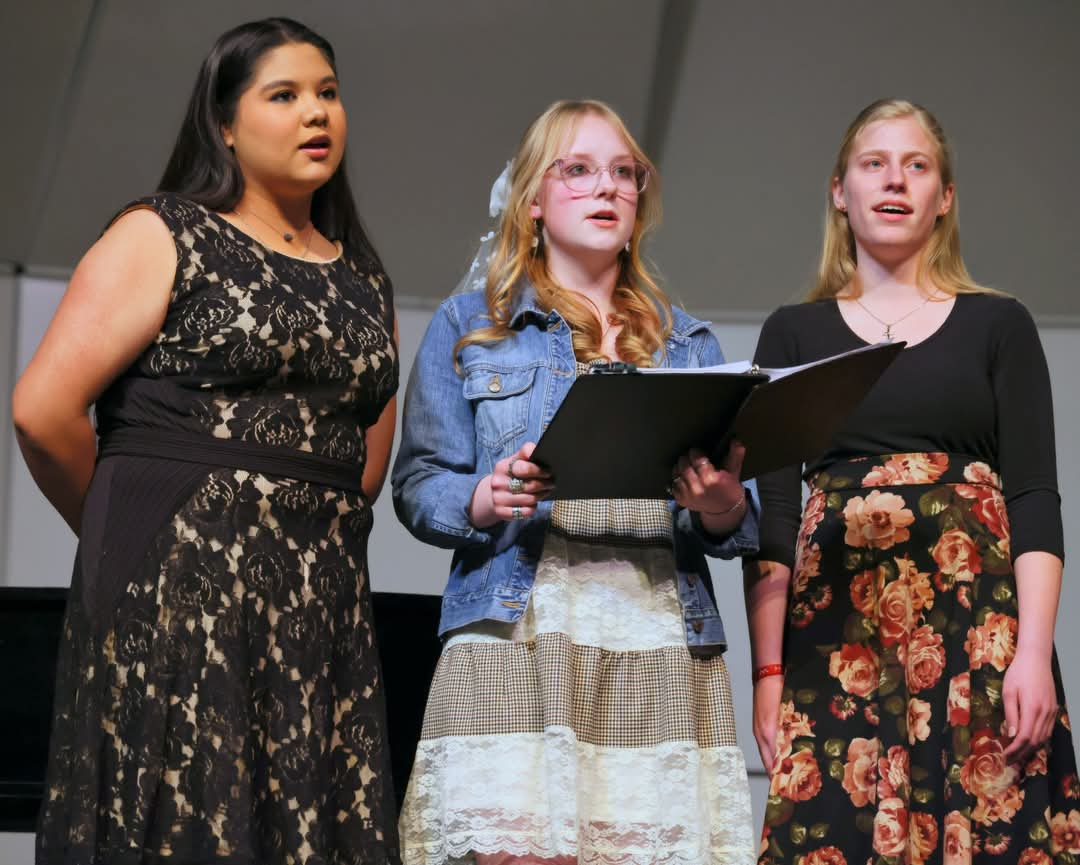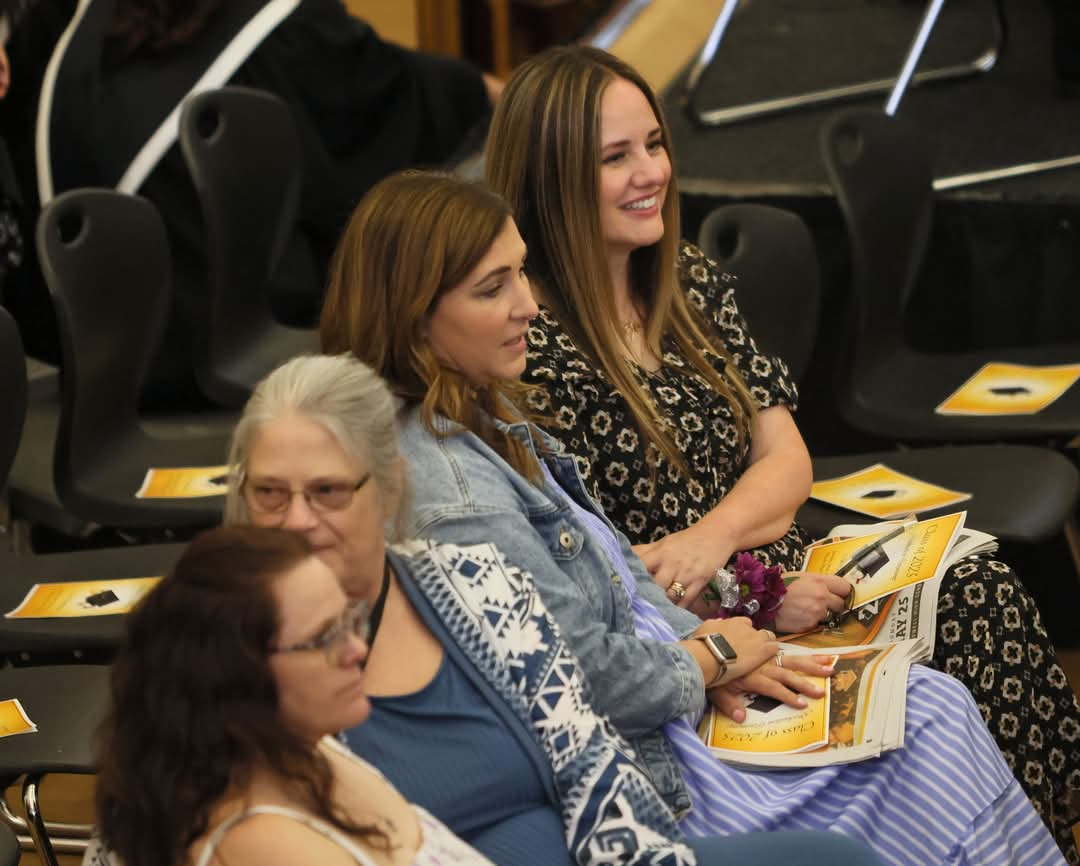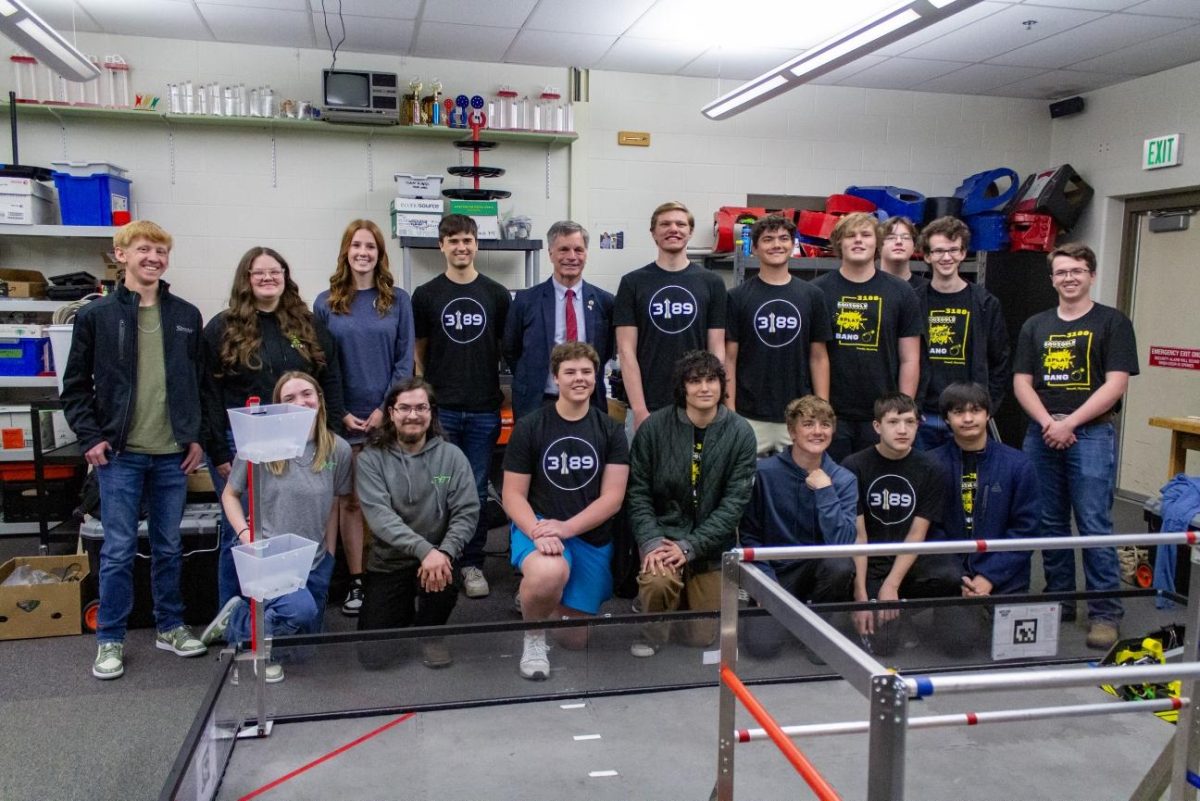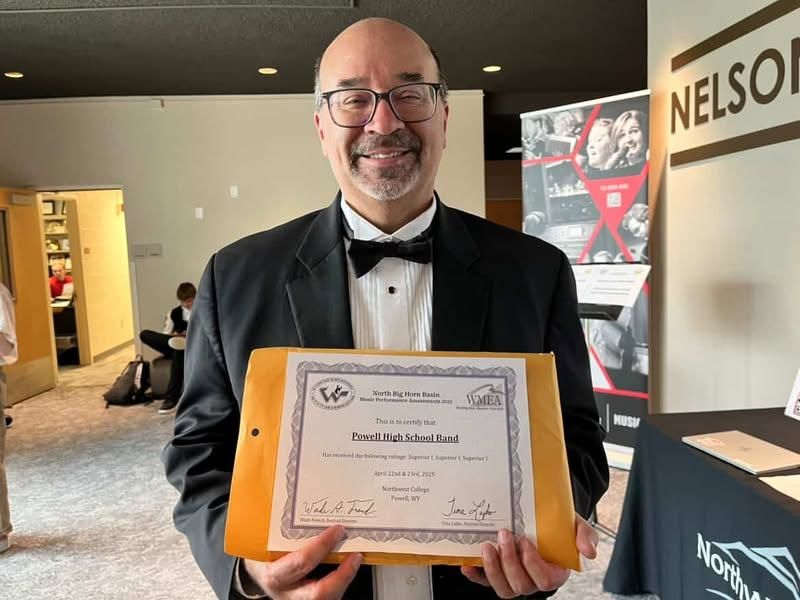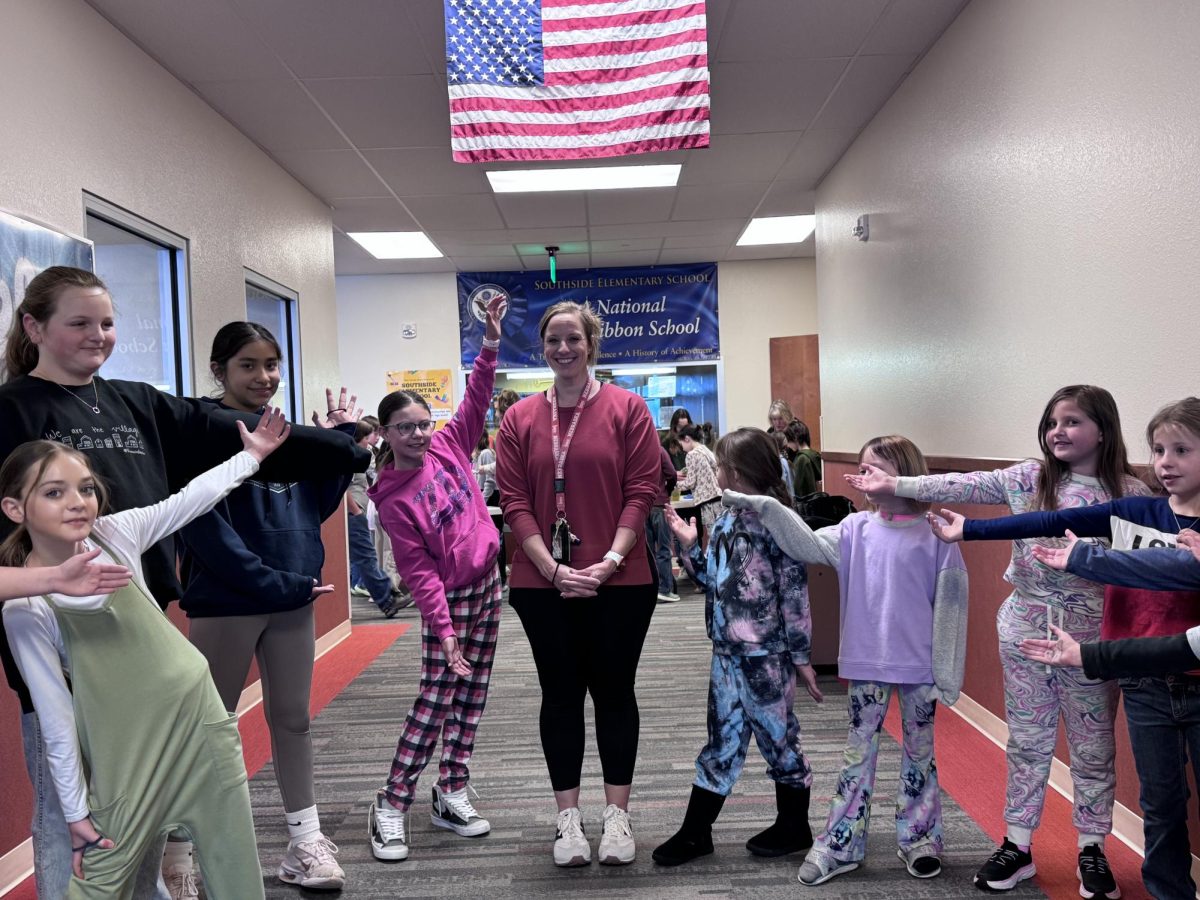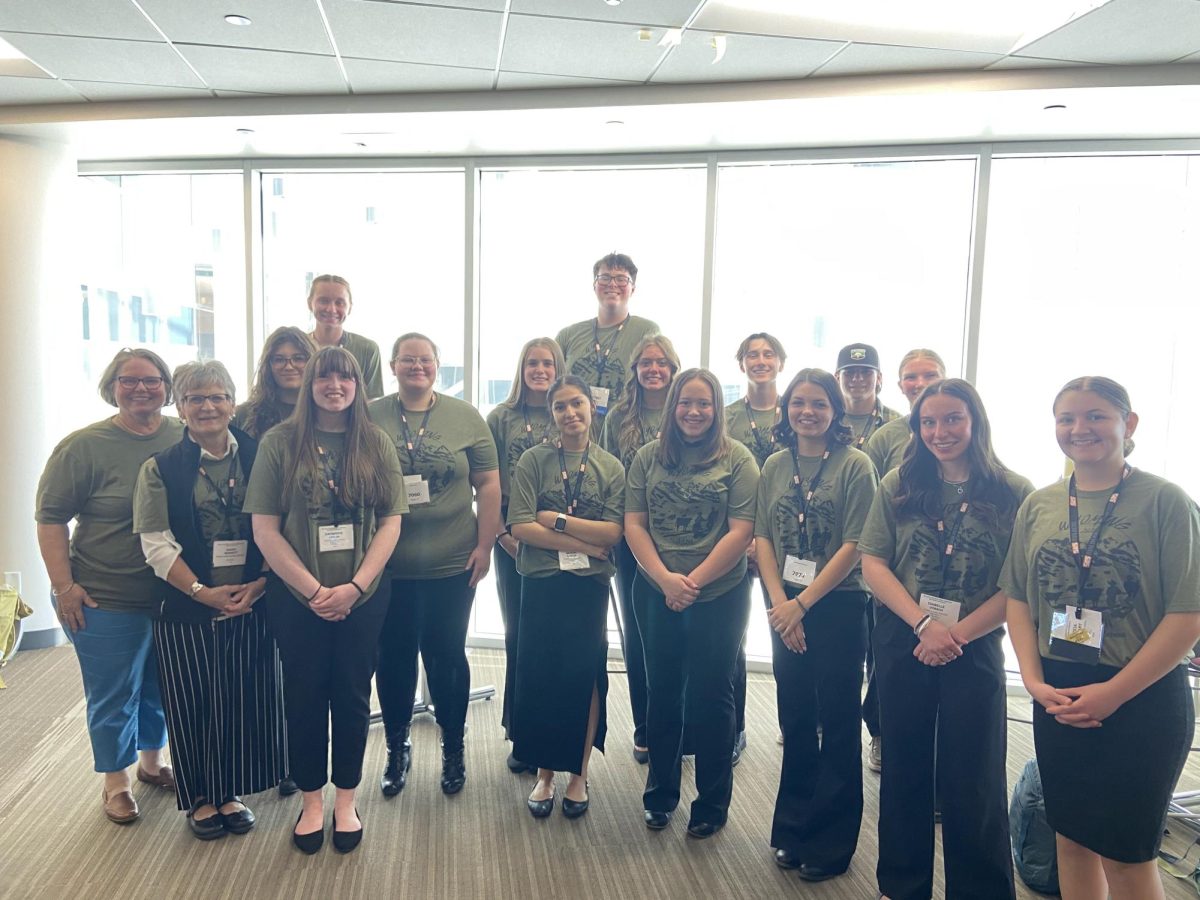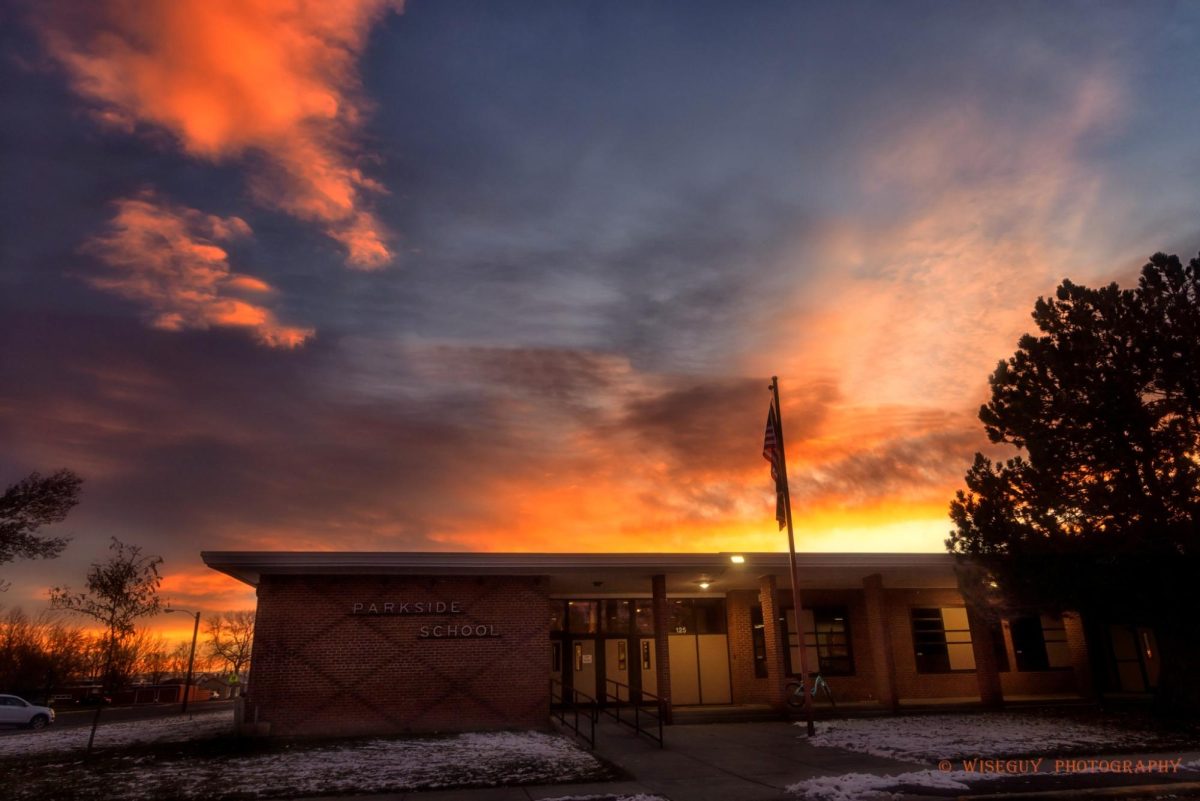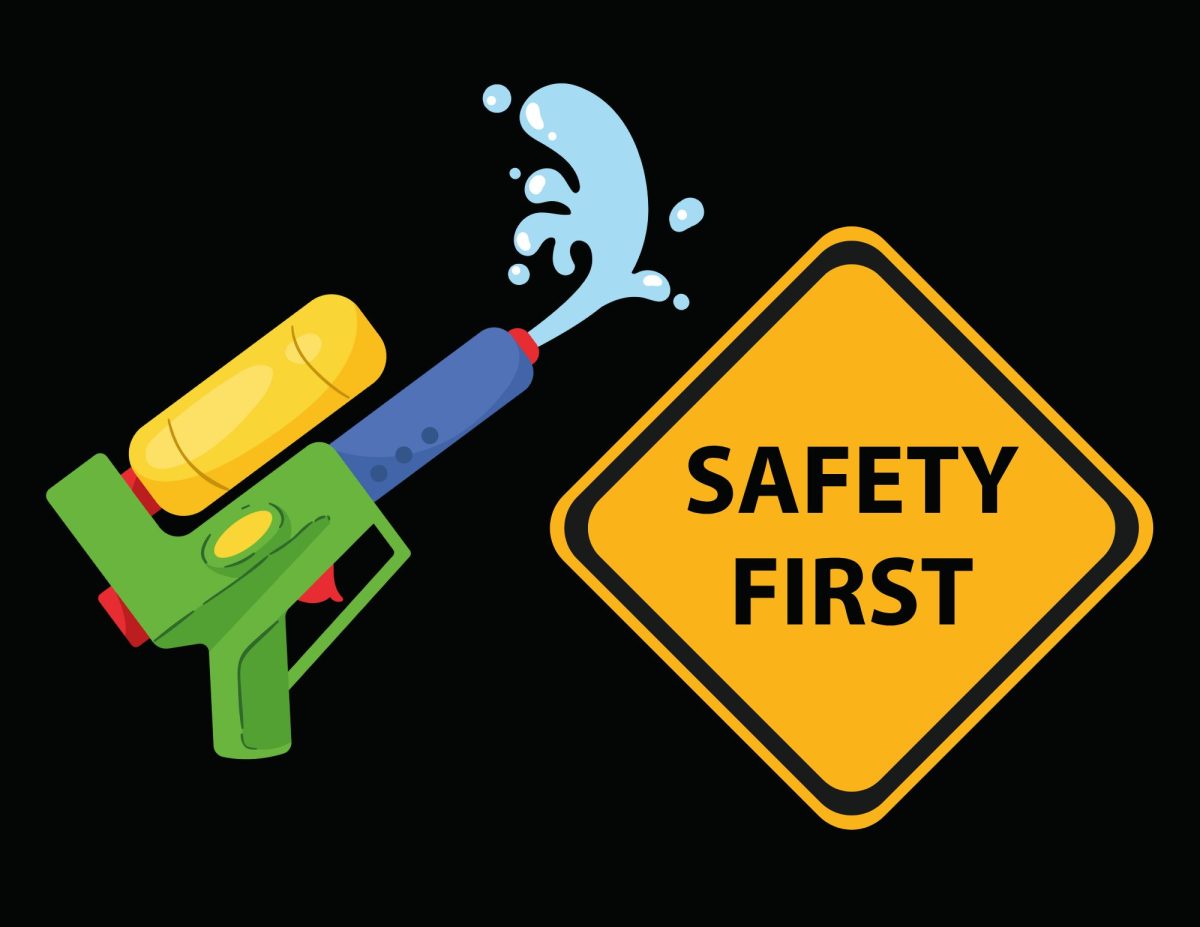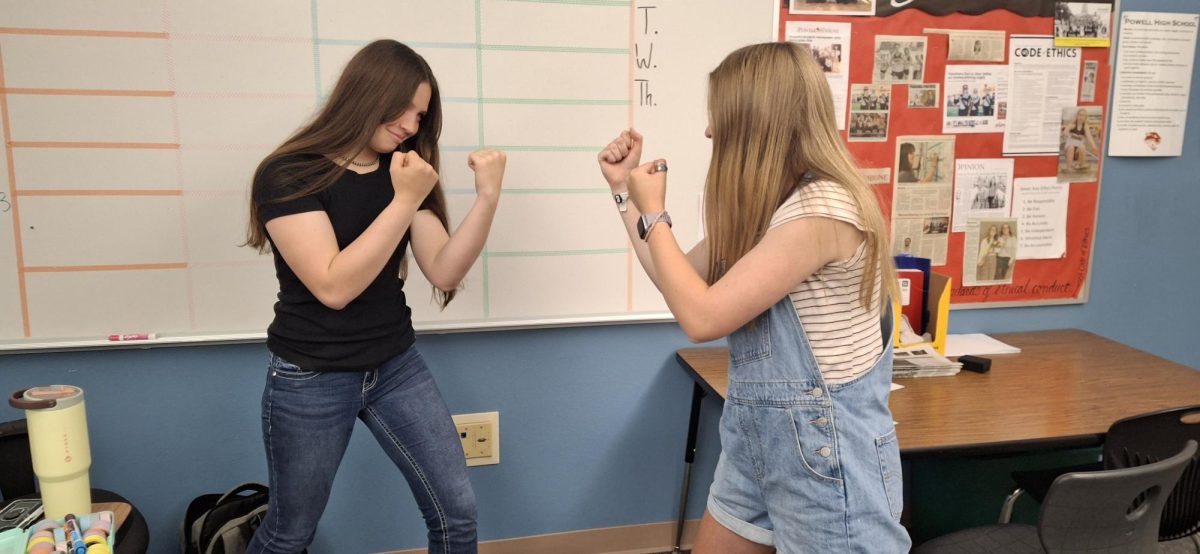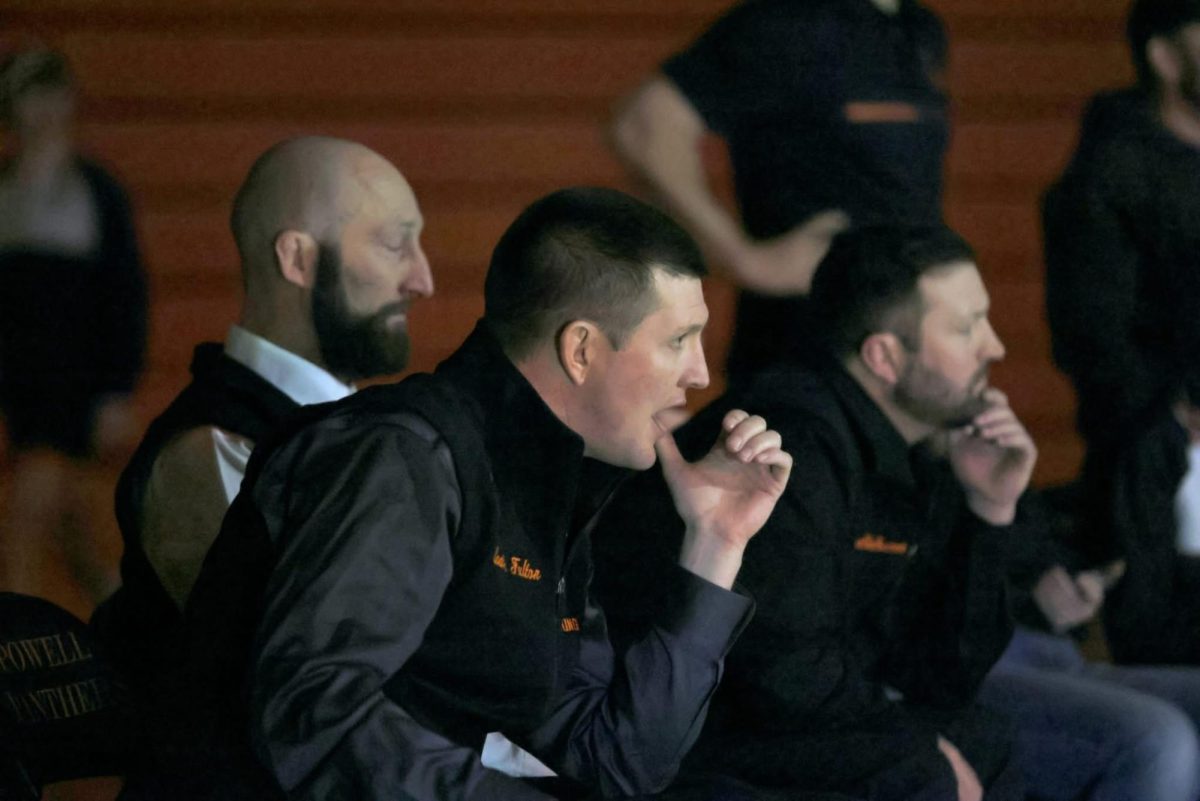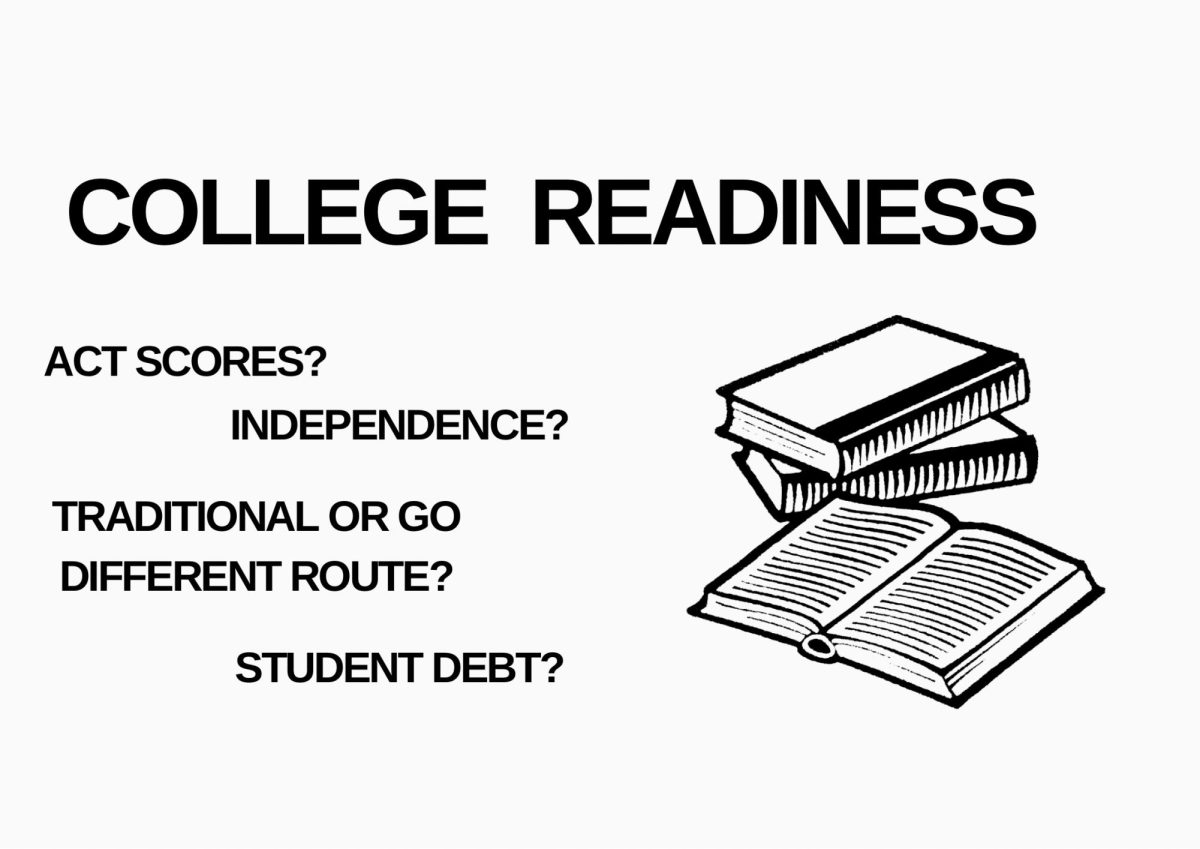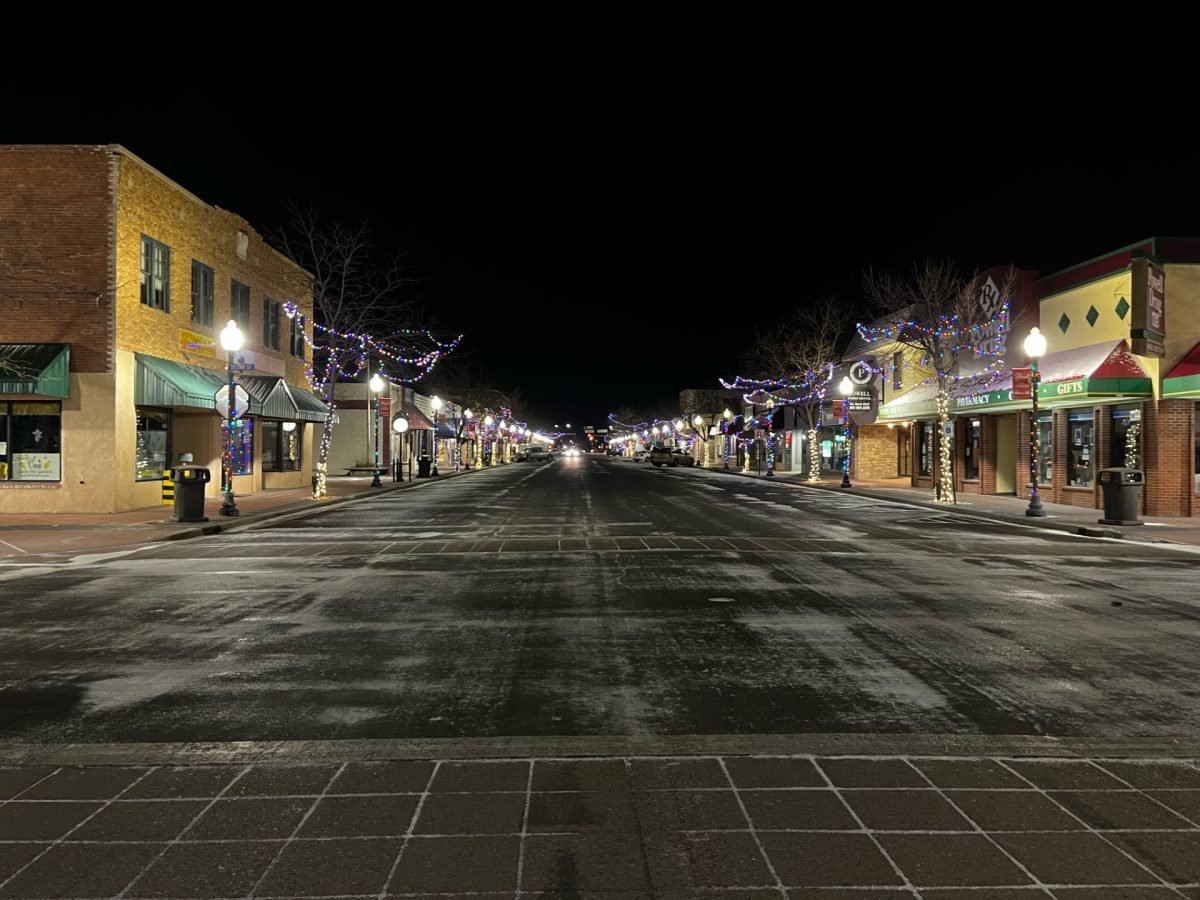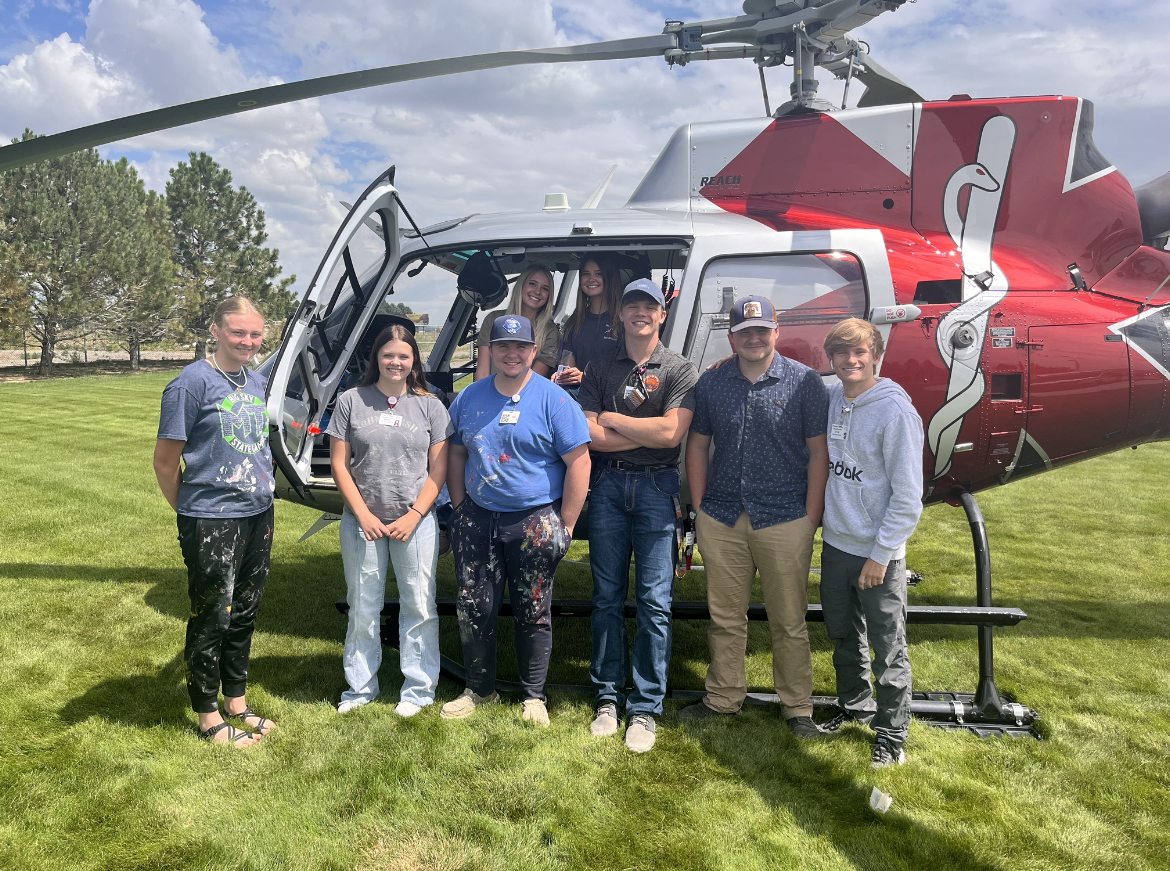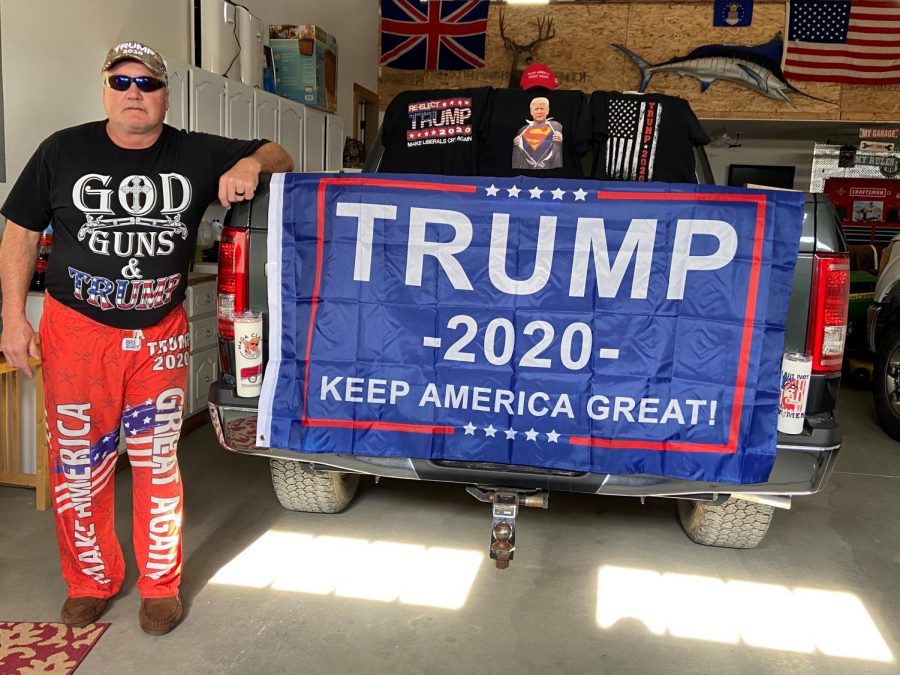HOW WE GOT TO 2020
The events between the 2016 and 2020 U.S. presidential election
Photo courtesy of Beverly Crane
Powell resident and Trump supporter Rich Crane proudly displays his extensive collection of Trump merchandise.
In an increasingly political culture, where speaking up and being loud about your beliefs has become a societal norm — if not an expectation in some circles — elections look different than they did 50 years ago. The shift is most easily seen in the differences between the 2016 and 2020 elections.
2016 was the first time a woman, Secretary of State Hillary Clinton, had been nominated for the presidency by one of the two predominant parties, and people certainly had feelings about this. It wasn’t uncommon to hear slander thrown Mrs. Clinton’s way, only for her detractors to be dismissed with a wave of a hand and mantras to the effect of ‘if you don’t like Hillary, it’s because you’re a sexist.’
2016 was also the beginning of Donald Trump’s cult following. People took a liking to him for a number of reasons, but the dominant one seemed to be that he wasn’t a politician. He was a businessman, and he promised to run the country as such.
“I think most people expected Clinton to win by a landslide,” PHS senior Isaac Gutierrez said. “I mean the polls showed she was leading in basically every aspect.”
According to The Washington Post, Clinton led the polls by 14 points. It seemed America was guaranteed its first female Commander in Chief, and that Clinton was guaranteed the win.
And she did win. Just not the vote that mattered.
Hillary Clinton was the fifth presidential candidate to win the popular vote but lose the electoral college in American history. According to the New York Times, 128,838,332 people voted in the 2016 election, and even though 65,853,514 of them voted for Clinton, Trump led the electoral college by 77 votes.
“Everyone freaked out,” Gutierrez said, and indeed, there’s no better way to describe what followed.
From then on, the country was more or less divided into two camps, two sides of the aisle: the liberals, who saw Trump as a Cheeto-colored demon sent from Hell to herald the end times, and the conservatives, who rallied around him, praising him for his condemnation of the “lamestream media” and his disrespect for politically correct snowflakes.
And then the pressure began to mount.
For four years, the two factions made no secret of their disdain for each other, but things were civil for the most part. Trump continued to say offensive things, people continued to get offended, nothing came of any of it, and the world went ‘round as it is inclined to do.
And the pressure continued to mount.
For every offended, ‘triggered’ liberal, there was a Trump supporter to laugh at them and cheer Trump on. They bought flags, mugs, water bottles, shirts, pajama pants and every other piece of merchandise imaginable.
And the pressure continued to mount.
Through every nuke threat and racist slur and childish tweet, the pressure continued to mount.
Enter Covid. Suddenly, Trump’s main claim to fame, the thriving economy he’d fostered, was no more. This led to a desperate bid to bring it back as soon as possible, which meant opening up the country as soon as possible.
Many, many people disliked this. Passionately.
But those people needed to pay rent, so they put on their masks and soldiered on, seething as they did so.
For once though, the liberals weren’t the only angry ones. The conservatives, upon discovering they couldn’t enter Walmart without a face covering, were incensed.
And the pressure continued to mount.
Then one day, America exploded.
The day George Floyd was murdered in broad daylight by three police officers, the streets were flooded. For every vile, offensive, insensitive word that had slithered past Donald Trump’s lips, there was a person with a sign holding him accountable. It was about police brutality, yes, but it was about more than that. It was about America’s anger, pent up for years, finally being released. It was about justice in every form.
For months, there was fire and wailing in the streets of Chicago, Portland, D.C. and other major cities.
There were no silent voices those few months.
Some saw it as senseless, wanton destruction. Others saw it as a rebirth, a reforging of this great nation.
By the time the smoke cleared, it was election season, and no one had any intention of letting the movement stop.
To many, it didn’t matter what sins Joe Biden had committed. It didn’t matter that he had signed the bill that had put so many people of color behind bars. It didn’t matter that he had sexual assault allegations. It didn’t even matter that his running mate, Senator Kamala Harris, had a history as a police officer and district attorney. None of it mattered at all as long as Trump was voted out.
Determined not to let Trump slide by again with an electoral win, people turned out in record numbers; according to CNN, over 150 million Americans voted in the 2020 election, with over 100 million ballots being submitted by mail.
“[The number of people who voted] is such a positive thing,” PHS teacher Mrs. Lenita Moore said. “I know people that came out and voted for the very first time ever.”
As of right now, Biden is projected to have won, but Trump isn’t leaving the Oval Office without a fight. He exits as he entered: enveloped in a shroud of controversy.
It would seem he’s determined to divide the country one last time by insisting the whole election was fraudulent, knowing his supporters will echo the sentiment, knowing he is tearing at the already fraying seams holding our country together.
In light of all that, it’s worth examining one of the largest factors at play in the movement to hold the government accountable: Generation Z. We have grown up with our eyes on the government. Many of us were alive to see two popular vote winners lose electorally. We are tired of the government pulling knotted strings behind closed doors. We are tired of being barred from conversations that happen at the adult table. We are tired, and we are angry.
My generation is louder than any other, and I’m proud of that. We refuse to accept mediocrity, and I’m proud of that. But more than anything, I’m proud of my generation’s passion. Politics have long been considered the place of grey old men. The government has had license to be as corrupt as it wanted simply because no one was looking. But my generation is looking, and we don’t like what we see.

